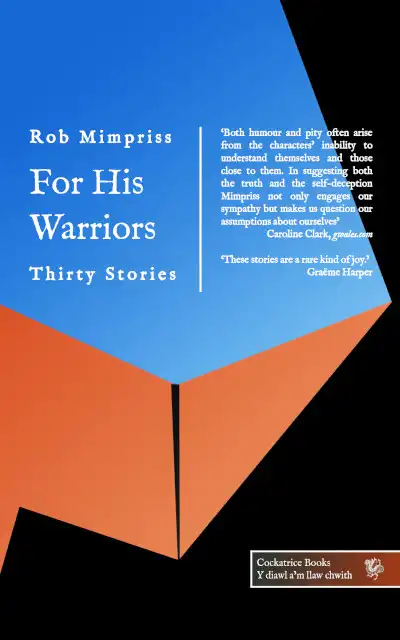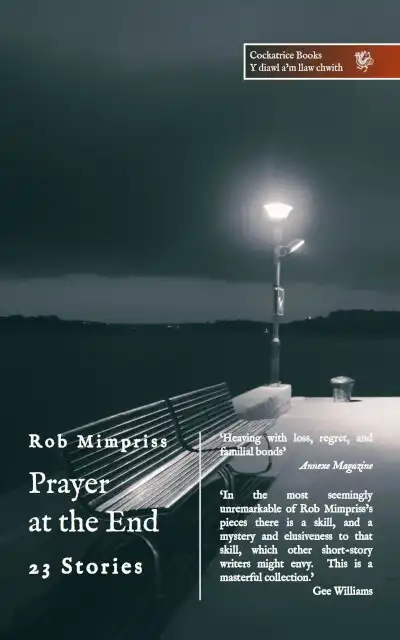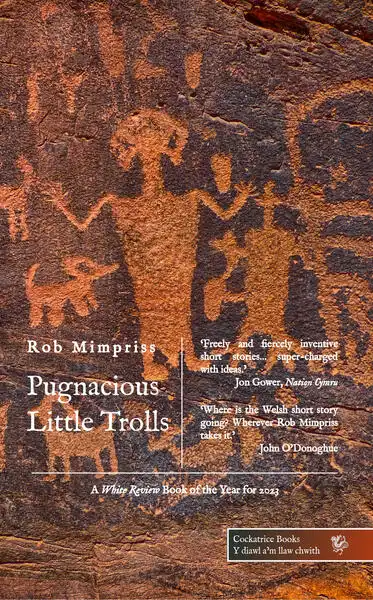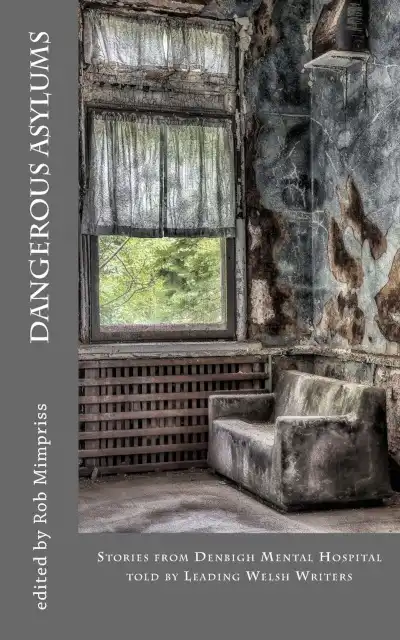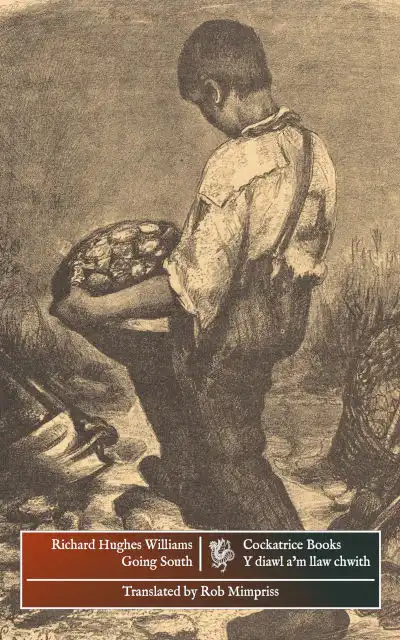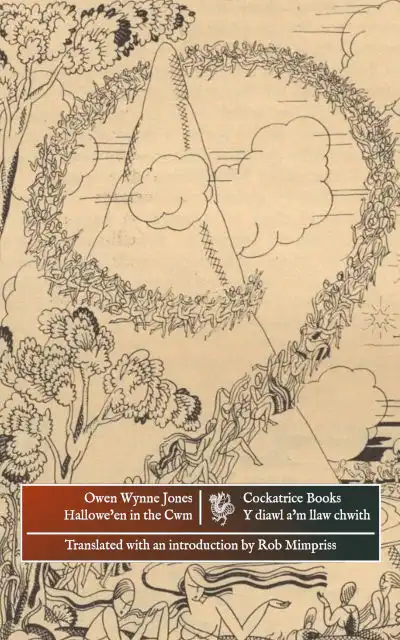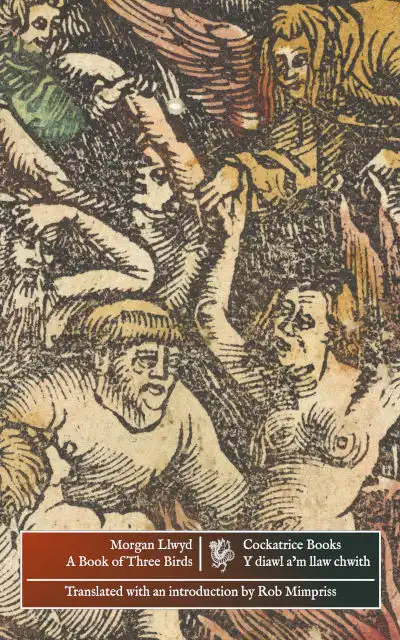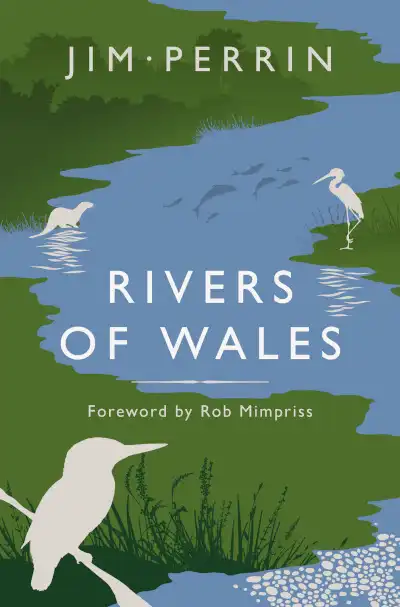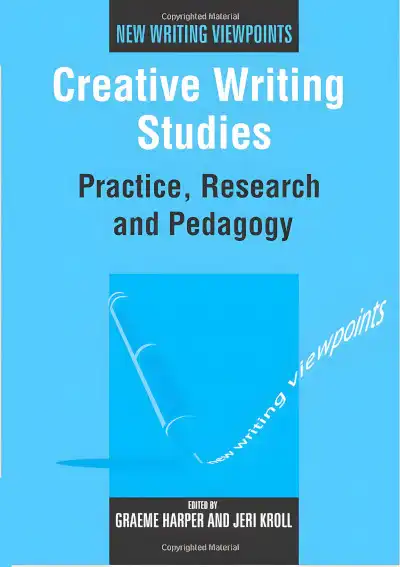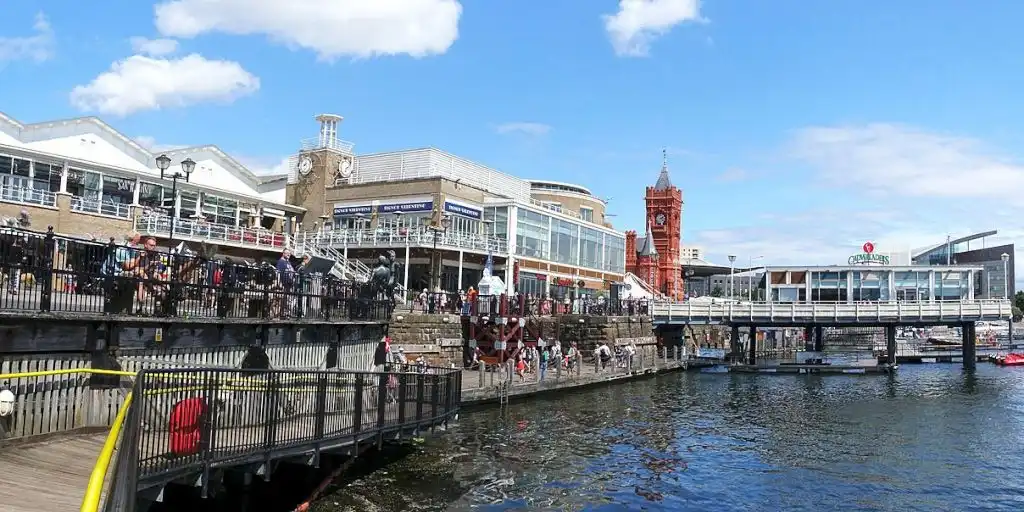‘The Sheep’ was first published in The Swansea Review 13 (1994), pp. 55-56.
When Owain arrived, there was no one at the station. He was unsurprised, for there had not been anyone on the train. He stood on the platform, facing west, and said: ‘Doesn’t anyone live here any more?’
It was a debatable point. A few bedraggled sheep proceeded to do so, though inconclusively. It depends what you mean by live, they answered him in the end. When the only thing you’re equipped to do is eat grass and grow woolly slippers, you don’t call it living exactly. The subtleties of their argument were lost on Owain. All he heard was a pack of sheep baa-ing, and he’d heard that before. ‘Tell it to the butcher,’ he ordered them, miserably, and went down the platform for a walk. The sheep retreated back above the cloud line with a jaundiced air. They didn’t bother to answer his question, because he’d insulted their intellects.
‘Once this place was full of people!’ he protested to the ticket office. ‘I don’t understand it! Where’ve they all gone?’ The ticket office didn’t answer him. It didn’t ask to see his ticket either, which was quite a relief to Owain. He sprayed out the Welsh on a bilingual ‘No Parking’ sign, and left the station. But it was a small consolation for turning up at the town where you live, and finding there’s nobody in.
Owain went down the high street for a walk. Smith’s was deserted. So was Y Siop Lyfrau. He sat down on a stack of second hand Richard Llywellyn books, and cried. ‘But this is my home! Where’s my mam? Where’s my dog? Where are the holiday homes I tried to set fire to? Where’s the pretty girl in the post office where I used to cash my dole?’ Presently the Welsh Secretary turned up and took pity on him. ‘It’s no use crying, young man. You’re too late.’ But Owain made a point of ignoring him.
The Welsh Secretary sat down out of spitting range, and said: ‘Everyone left three weeks ago. The only company I’ve had since then has been the sheep.’ ‘I’ve already met the sheep,’ said Owain, deeply moved by the man’s misfortune. Mutual pity was overcoming the language barrier, which dissolved altogether when it was found they both spoke French. ‘Where did they go?’ Owain asked him.
‘They said it was sunnier in Patagonia,’ said the Secretary. ‘They were leaving Wales to the English, who’d ruined it anyway. The English were a bit insulted by that, so they said they weren’t sticking around either. They’re all in Patagonia together now.’ ‘I missed it,’ said Owain. ‘I’d gone to set fire to No. 10. I betrayed my country.’ ‘Your country doesn’t need you now,’ said the Secretary.
Owain went off by himself for a while, and held a referendum on political links with Patagonia. The result of the referendum was favourable, for once, so Owain set off to the beach to look for something to cross the Atlantic in. When he arrived two days later, he was tired. He cast off in a dinghy and let it sail itself, while he sat asleep on the stern. The boat sailed round in circles all day, and all the sheep came down from the mountains and stood in a line on the shore, and laughed at him. Owain woke up, and wondered what all the sheep were looking at, and why he was so close to land. But they didn’t tell him, because he’d insulted their intellects, that the whole of Cardigan Bay had been dammed, to make electricity for Birmingham.

